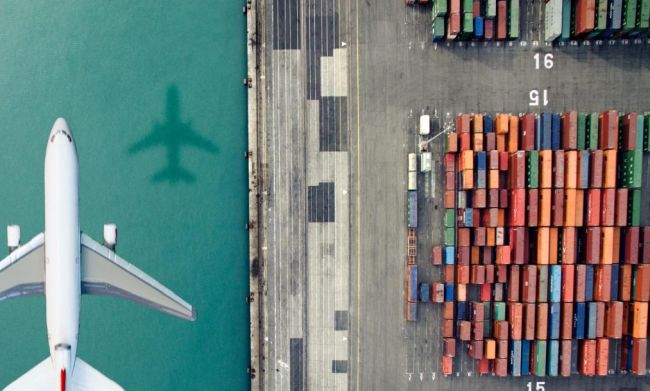
[ad_1]

Digital Container Shipping Association (DCSA), a neutral, non-profit group established to further digitalisation of container shipping technology standards, in conjunction with its nine-member carriers, launched the DCSA Adopter Programme, which enables solution and service providers to validate adoption of DCSA standards based on the DCSA Self-certification Checklist (SCC).
The DCSA Adopter Programme will enable customers of container shipping as well as other industry stakeholders to streamline vendor selection when seeking standards-based, interoperable solutions.
Organisations that have adopted a DCSA standard can complete the corresponding DCSA SCC, which reflects requirements for successful integration of a DCSA standard into a product, facility or service. The first standards to be available for the Adopter Programme are the DCSA Standard for the Bill of Lading 1.0 (part of the DCSA electronic documentation initiative) and Track & Trace 1.2. Checklists for other DCSA standards suitable for the Adopter Programme will be added in the future.

Image Credits: DCSA – LinkedIn
Any organisation in the market for solutions or services can request evidence of DCSA standards adoption in an industry-wide standard format (the DCSA SCC) when issuing RFIs, RFPs and tender requests. In turn, vendors responding will be able to provide pre-filled documents along with the outputs of DCSA API tools demonstrating their adopter status.
The DCSA Adopter Programme Handbook can be freely downloaded from the DCSA web site. This document is the starting point for any organisation that wishes to learn more about the programme – both those that are adopting standards, and those that wish to evaluate the interoperability of potential partner companies. The SCC for DCSA Standards can also be freely downloaded from the respective standards pages on the DCSA web site.
Organisations that have adopted a DCSA standard are asked to register with DCSA to assist in reporting functions. Adopters will be notified by email when the standard or SCC is updated, enabling them to validate adoption of the updated standard.
“The work DCSA is doing is necessary to move the industry toward greater visibility and reliability for our members and shippers around the world,” said Jordi Espin Vallbona, Strategic Relations Manager, European Shippers’ Council. “Like DCSA, we are committed to furthering digital transformation of the container shipping industry, and over the coming year we intend to drive activities with our members in conjunction with DCSA in support of our mutual goals. We are thrilled to see that they’ve launched a free program for anyone who wants to publicly demonstrate adoption of their standards. This will make it easy for our members to choose carriers, freight forwarders, solutions providers and other stakeholders that offer standards-based services and solutions.”
“We welcome DCSA’s continued efforts in pushing for open-source standards, which will be critical in realising a highly digitalised and connected container shipping ecosystem,” said Kenneth Lim, Assistant Chief Executive (Industry) of Maritime and Port Authority of Singapore. “In our recent call-for-proposal to pilot and adopt electronic bills of lading, we identified DCSA’s standards on data and processes relating to bill of lading preparation and issuance as a set of relevant guidelines for carriers and technology solution providers to adopt.”
“We have been asked by customers of the shipping industry as well as solution and service providers to make the process of identifying standards-based offerings easier,” said Thomas Bagge, DCSA CEO. “The Adopter Programme is our starting point for creating clarity around what constitutes successful standards adoption. We also wanted to focus on high priorities for shippers, such as eBL and Track & Trace, while keeping the programme free and easy for everyone to use. DCSA standards adopters now have a way to self-validate and publicly demonstrate their status as a leader in digital transformation. For shippers and freight forwarders, the programme will help them short-list solutions designed to interoperate based on DCSA standards.”
Press Release
[ad_2]
This article has been posted as is from Source